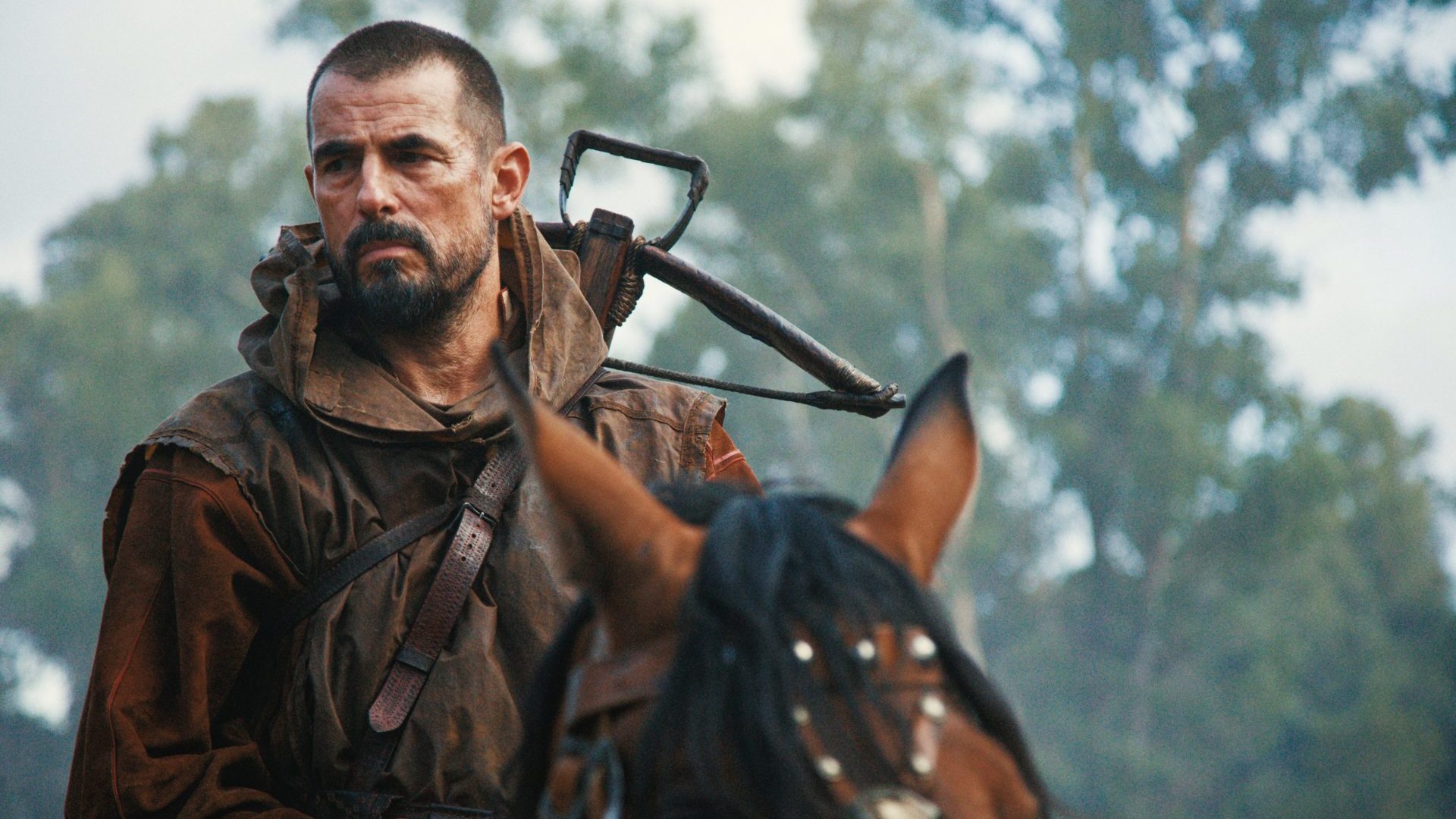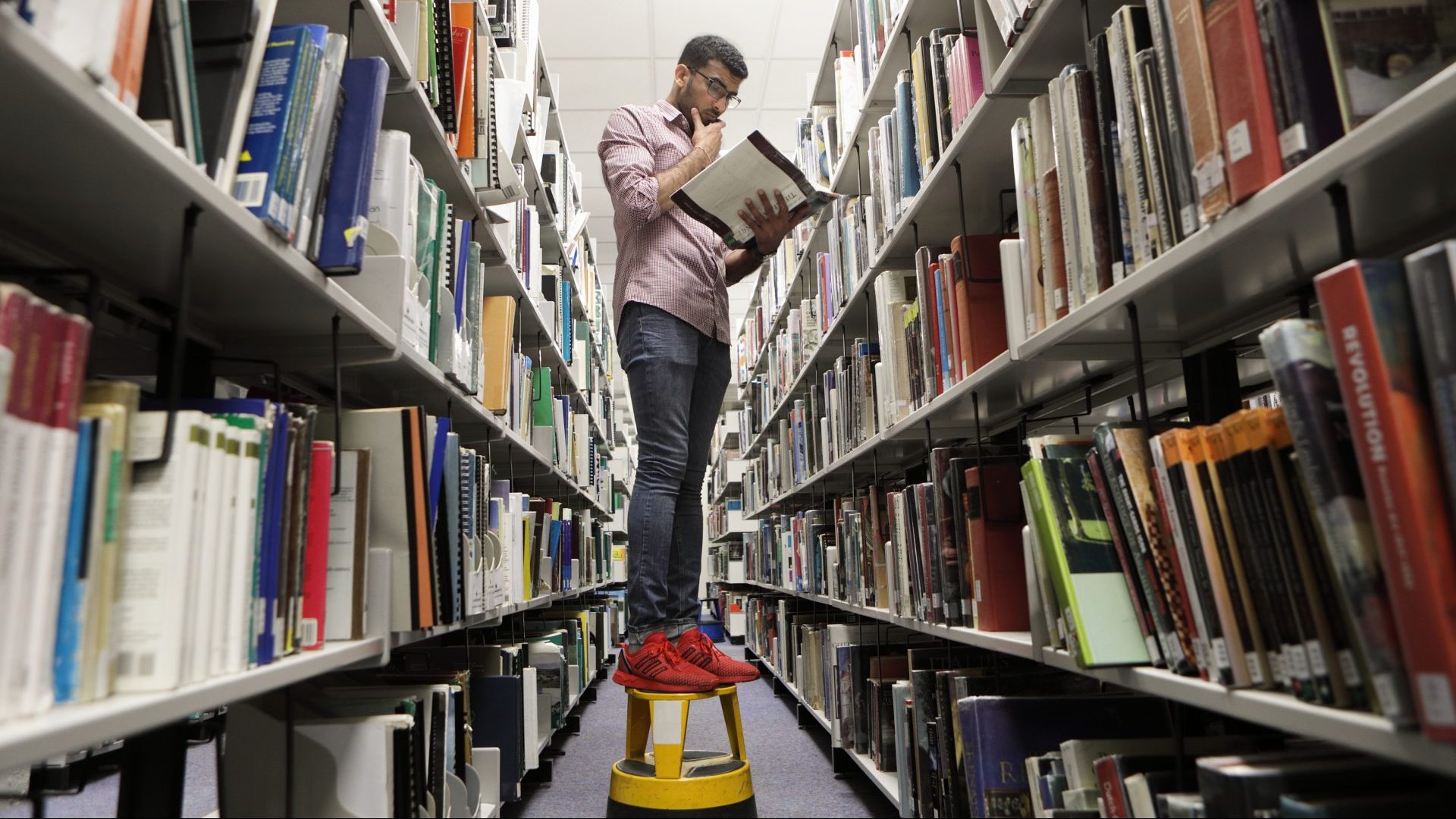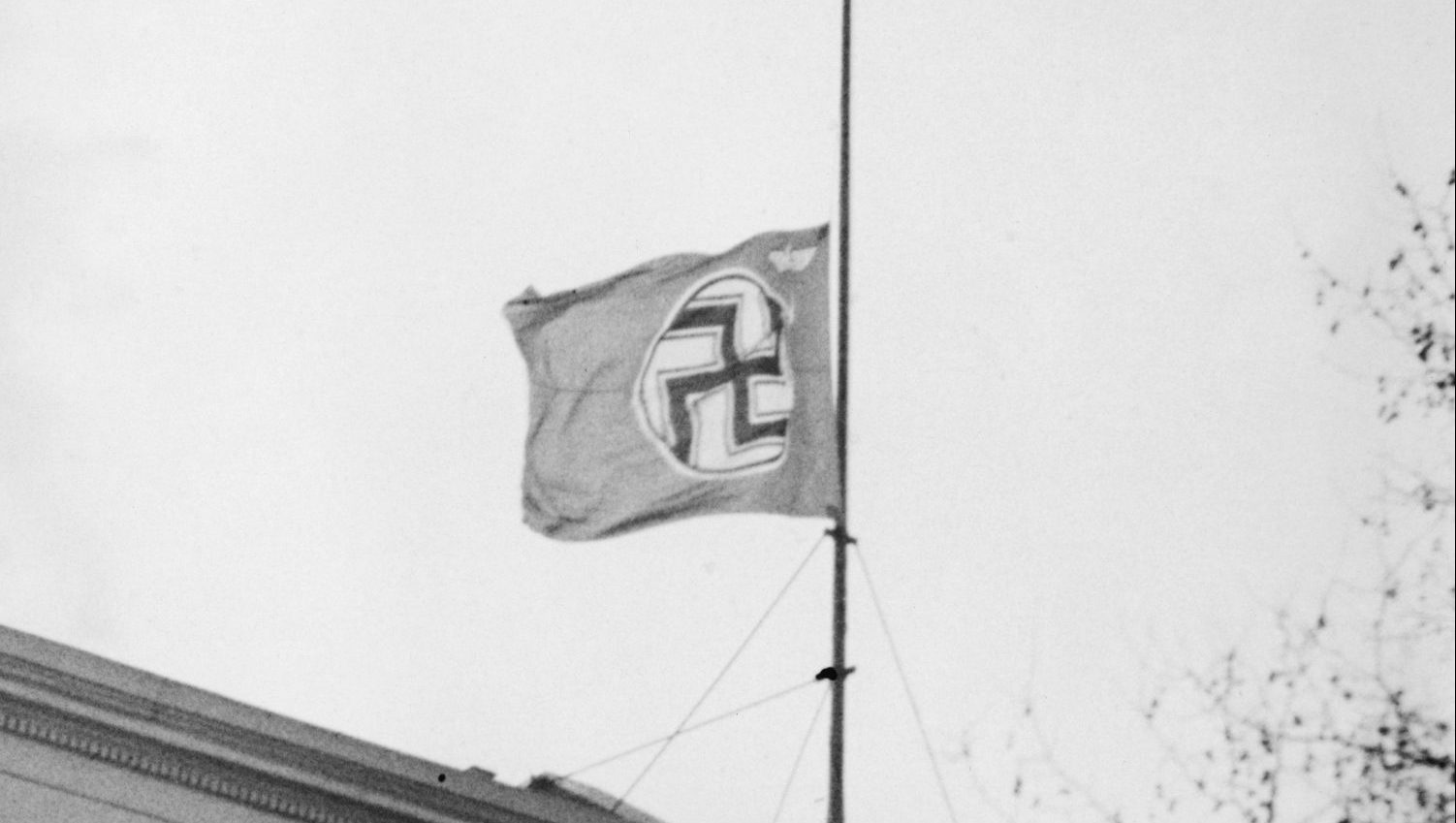First of all, it’s pronounced “Claice”, as in plaice, like the fish. And “Bung”, as in what you use to plug a leak or – and this will become relevant in a bit – what dodgy football managers used to take in a brown paper bag.
With epic new film William Tell on release, and his roles in works including The Square, Dracula and Bad Sisters, there’s so much to talk about with Claes Bang, Denmark’s latest breakout star, but, forgive me, I can’t get past his English accent.
“I know, I know,” he smiles. “It’s all over the shop, isn’t it? It travels the country, from Newcastle to Liverpool and London. English people do look at me strangely because they’re obsessed with trying to place you, aren’t they? And they can’t figure me out. I can see them thinking: is he a Cockney or a Geordie? Ha, it’s hilarious.”
I tell him he reminds me of that Fast Show character, the footballer Julio Geordio, or more pertinently, the Danish ex-Liverpool midfielder Jan Molby. “But I love Jan Molby,” he exclaims. “He was a great player and he’s the coolest pundit on Danish television now, so I’ll take that compliment, even if I support Arsenal.”
With the Arsenal in common, we’re off to a good start, Claes and I. He even wants to talk about Arsenal’s Danish midfielder John Jensen, a player George Graham signed in a 1992 transfer which eventually led to the manager getting sacked over an infamous “bung” scandal involving the Norwegian football agent Rune Hauge.
“That’s me,” he laughs. “I guess I’m the most infamous Scandi Bung now!”
His infamy, if that’s what it is, stems from villainous roles as Dracula in the camp BBC series and as the unfathomably nasty husband (and brother-in-law) in the first season of Bad Sisters, the hit Apple TV series from Sharon Horgan set in upmarket Dublin and co-starring Anne-Marie Duff, Eva Birthistle and Eve Hewson.
“Those parts unleashed a very nasty side of me,” he confesses. “I let it all hang out and there’s obviously something in me that relished playing the baddie. Particularly in Bad Sisters – that’s the one people seem most shocked by because he was such a horrible piece of work, that character. The hardest part was I had to be horrid to Anne-Marie Duff and she’s so bloody lovely, very difficult to abuse…”
Now, at the age of 57, Bang is reaching career heights with the lead in William Tell, a European period blockbuster on an epic scale, with all-English dialogue, horses and battles and huge Alpine scenery. Claes leads an all-star cast including Rafe Spall, Jonah Hauer-King, Ellie Bamber, Conor Swindells, Sir Ben Kingsley and Jonathan Pryce.
It’s been a careful, slow journey to climb the mountain. “I’ve deliberately avoided playing Russian and Serbian gangsters,” he says. “I got offered a lot of those because of my accent, believe me. So accents are very important in movies.
“I had to be careful in Bad Sisters not to do an Irish accent which would have been a disaster, and in William Tell, I was very insistent that no one try to do an Italian or Swiss accent. You want to watch the drama, not be distracted by an accent circus.”
William Tell is the story of Swiss independence, and most audiences won’t know much more than the Rossini overture (aka the Lone Ranger theme, which doesn’t feature here) and the story of him shooting an apple on his son’s head with a crossbow, which forms the centrepiece of this movie.
Is it a myth or a legend, or true? Nobody seems to know for sure, although all the stories do have him swearing vengeance on the ruthless administrator Gessler.
“He’s a bit like Europe’s Robin Hood,” says Bang. “It’s a very European story of freedom, a foundational myth about kicking out an aggressor and invaders and it all falls to one man to lead the rebellion.
“So he’s a conflicted and reluctant hero, which made him very appealing to play for me, because I could combine a nasty side with something more noble and heroic. It felt good to have a moral compass this time, to play someone trying to do the right thing for once.”
William Tell is directed by Nick Hamm, the film-maker also writing a screenplay based on the 1804 play by Friedrich Schiller. He says he cast Claes because of his pan-European appeal and because of his sad eyes.
“He’s got background and layers, and a sense of danger in him,” Hamm tells me. “Very few actors can be silent yet say much and I saw that in Claes, a reflective horror that makes him timeless yet contemporary. He’s quintessentially European even if many audiences won’t know where to place him…”
It’s the shapeshifting accent quality again that appeals with Claes. I’d never seen him before he burst on to the big screen at Cannes in 2017, playing a gallery director having a meltdown in Ruben Ostlund’s art world satire The Square.
In a major surprise, The Square won the Palme d’Or and Bang was on the map, going on to become the first and only Dane to win Best Actor at the European Film Awards. “And still the only Dane to be the lead in a Palme d’Or winner,” he adds proudly.
The film changed his life and also set him in an international milieu starring as he was alongside Elisabeth Moss and Dominic West. “I don’t know how I got that part,” he reflects. “It was one of the best parts in the world that year, and the director could have chosen anyone he wanted.
“In the end, I knew it was between me and a very famous English actor (he won’t tell me who), and I got it. The real pride for me was that I was ready and able to deliver the performance needed. I could handle it.”
A contemporary of Mads Mikkelsen (Casino Royale, Another Round), his path to international success has been a lot slower than that of the former Bond villain, and stems from a one-man show he brought to London in 2015, to showcase his talents to agents after a long career on the Copenhagen stage and in Danish TV – “just not in any of those Scandi shows that became hits.”
We’re chatting by the Thames and he looks out at London with a sigh. “I owe this place everything,” he says. “I feel so at home here, the music and the football. It just seeps into me, or I seep into it, one or the other, or both. I love my home and family in Copenhagen, but I do want to live here in London at some point.”
He’s got the glottal stops and colloquialisms to make it easy, that’s for sure, his conversation peppered with neat expressions and swear words. “I learned a few from the boys on set, yes,” he smiles. “I’m always listening out for new ones”
Claes aside, and Iranian-French actress Golshifteh Farahani, William Tell features a mainly English cast, who can handle the almost Shakespearean dialogue, with its nods to Schiller’s pentameter. For director Hamm, it’s a move to fly a flag for European stories and cinema, his own sort of cinematic William Tell rebellion against the streamers and what he sees as a move to dilute and diminish cinema.
It’s literally a movie that shoots down Apple, I remark. “Yes, yes!” exclaims Hamm. “But that wasn’t the original point – it’s just one of the great scenes in European drama, isn’t it? One man, Gessler, making another assassinate his child in public in order to control the destiny of the people who are watching.
“I’ve always found that amazing in the Schiller play, a beautiful gem of precision about the notion of authority and abuse of power. It’s really hard to dramatise on the stage, but cinema is perfect for that arrow shot. It’s really about political liberty, of course, that’s what Schiller’s talking about…”
The apple scene took a week to shoot, after a week’s rehearsal at the legendary Cinecittà studios in Rome. The sweeping action was shot in the Alto Adige in the Dolomites.
“I wanted it to be spectacular because European cinema should be spectacular,” insists Hamm. “We’ve got all these stories and this history, our own culture that makes all these languages and accents and nations so interesting, so vibrant and rich and complex for stories.
“I mean William Tell is pan-European, a story known in France, Germany, Italy, Switzerland and now Claes is a movie star for me, so who wouldn’t want to watch fights and battles and a stirring story of rebellion?”
The film is certainly enjoyable, rips along and looks great, the scenery and the adventure of it, with inventive use of the crossbow as a lethal weapon of warfare, as well as the politics of invasion and independence, which continues to have relevance, from the 14th century to now.
Bang agrees, recalling: “As we were filming, the Ukraine conflict began, and we were struck by the parallels and the idiocy of why we keep doing this, throughout the centuries, invading our neighbours when really we are all products of that interaction.”
The borders, for him at least, are now limitless. He’s just filmed in the US for an action movie opposite Jason Momoa and Dave Bautista, and will be seen next up starring in a hazy south of France in Bonjour Tristesse, an English-language adaptation of the Françoise Sagan classic novel, alongside Chloë Sevigny.
And he’s still got his music side hustle, This Is Not America, which sees him writing pop and rock songs. “Very much influenced by English bands, of course,” he says. “Bit of Pet Shop Boys, bit of Depeche Mode, and obviously David Bowie.”
We have to stop talking about Arsenal and pop music, and about Swiss legends. He’s off to the premiere of William Tell, which he sees as the film coming full circle.
He tells me he did all his crossbow training here in the UK because, he tells me, the weapons are illegal to fire in Scandinavia. In his hands, even an arrow goes with a Bang.
William Tell is in UK cinemas from January 17




